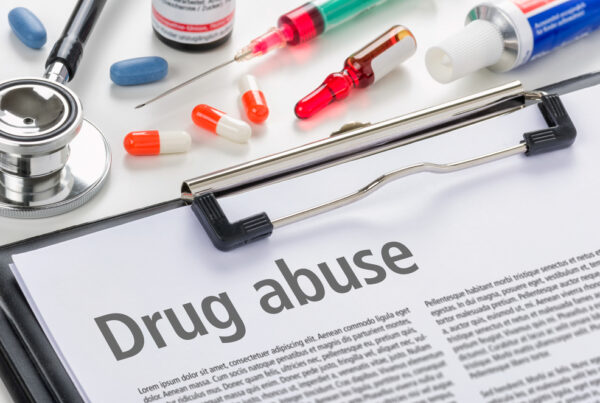The purpose of a certified addiction professional is to provide treatment and guidance to individuals recovering from substance use disorder. Certifications are earned through programs or services that may be based within or associated with a healthcare organization. According to the National Certification Commission for Addiction Professionals (NAADAC), “the purpose of credentialing is to standardize the quality of addiction prevention, intervention, treatment, and continuing care services…[and] to set a benchmark for professionals and monitor the abilities of those who treat addictions.” Certified addiction professionals are employed in a variety of settings, such as:
- Drug treatment centers
- K-12 schools
- College and university systems
- Mental health centers
- Hospitals and healthcare systems
- Insurance and managed care organizations
- Probation and parole agencies
- Employee assistance programs
- Private practice (e.g., therapist)
- Human services (e.g., social services worker)
There are different levels of certifications available for addiction specialists, each enabling the accredited individual to provide additional services. For example, the National Certification Commission for Addiction Professionals offers three different types of addiction counselor certifications:
- National Certified Addiction Counselor, Level I (NCAC I)
- National Certified Addiction Counselor, Level II (NCAC II)
- Master Addiction Counselor (MAC)
Addiction counseling certifications must be renewed through the NAADAC every two years. There are also continuing education requirements (40 hours of continuing education every two years) that addiction counselors must complete as a component of the renewal process, as well as submitting one’s two-year work history.
What Do They Do?
The purpose of certified addiction professionals is to help individuals overcome addiction and related mental health issues. According to the Hazelden Betty Ford Foundation, they are clinical practitioners who “follow evidence-based practices to provide treatment for people with substance used disorders.” Common responsibilities of certified addiction specialists that are also licensed counselors could include:
- Identify an individual’s addictive behaviors
- Assign a diagnosis
- Schedule intake assessments
- Develop strategies that overcome destructive, maladaptive, negative, and unhealthy behaviors
- Perform urinalysis to determine if individuals are remaining drug-free
- Maintain records
- Assist with insurance billings
- Work with and provide support to family members and loved ones, who are affected by the individual’s addiction
- Assist individuals with making new housing arrangements when needed
- Educate the public on the dangers of substance abuse and addiction
- Provide counseling services (e.g., one-on-one therapy, group sessions, workshops, other activities, etc.) and support to individuals struggling with substance use disorder
Certified addiction specialists collaborate with other healthcare providers and work with individuals struggling with substance use disorder to develop a customized treatment plan that is specifically informed by his or her nuanced recovery needs to help them maintain their sobriety. It is important to bear in mind that the duties of a certified addiction specialist vary widely based on their place of employment and the role they fill.
Disclaimer:
The information above is provided for the use of informational purposes only. The above content is not to be substituted for professional advice, diagnosis, or treatment, as in no way is it intended as an attempt to practice medicine, give specific medical advice, including, without limitation, advice concerning the topic of mental health. As such, please do not use any material provided above to disregard professional advice or delay seeking treatment.




